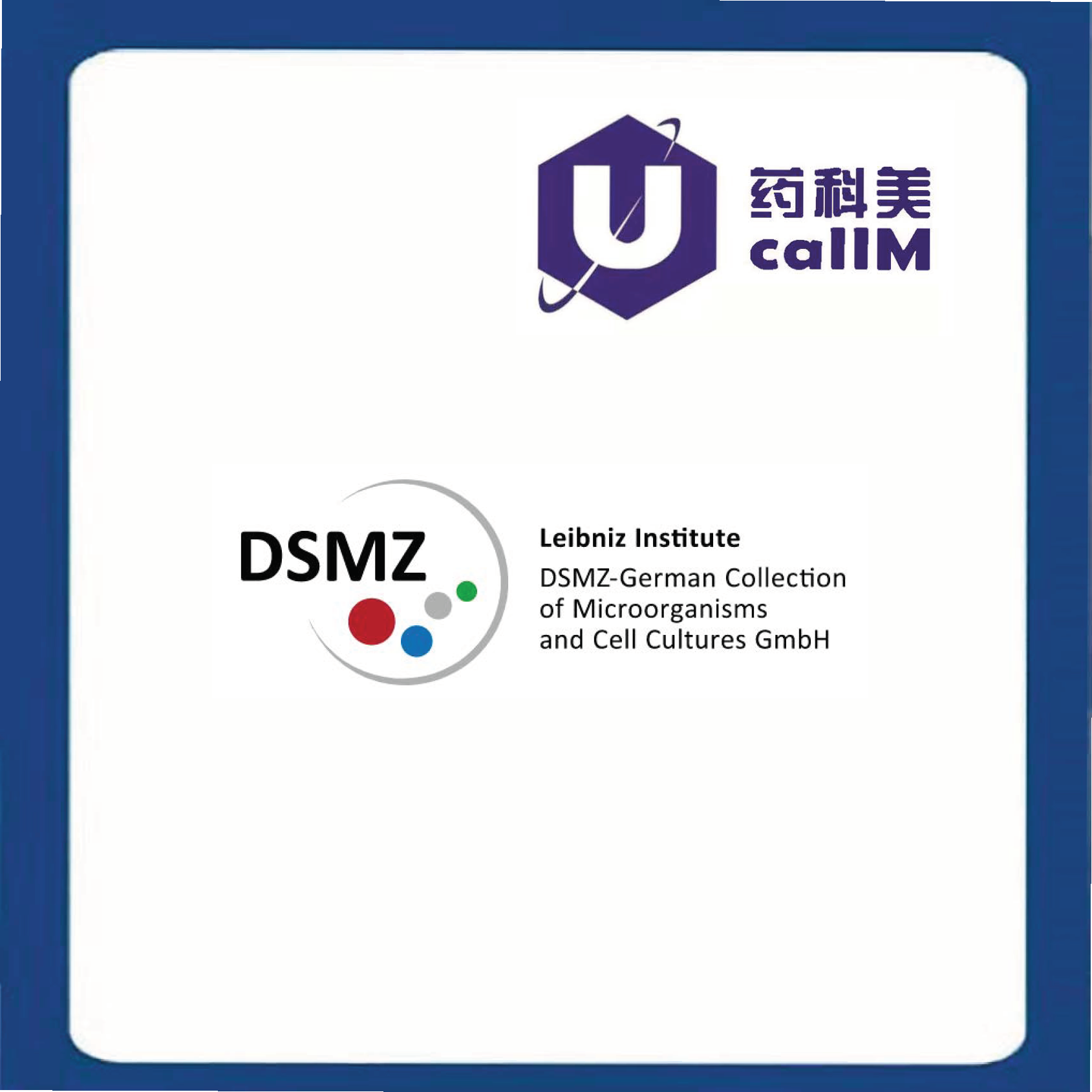DSMZ产品代理

DSMZ产品代理
生物多样性的供应、调查和利用是 DSMZ 的指导方针。
战略要素是以用户为导向的菌种保藏扩展及其优化分布
通过创新的栽培方法和低温保存技术获得新的生物资源
提供数字收藏:关于生物体的免费可访问结构良好的数字信息(生物资源的基因组、生物化学、生理和生物地理数据)
扩展系统和进化、功能多样性和共生/病理生物学的研究计划
实施最先进的新型服务,包括复杂自然样本的微生物多样性分析、综合基因组序列分析和功能基因组学
建立专门的课程和培训计划
Biological resource centers are instrumental for the future advancement of science, public health and bioeconomy. The Leibniz Institute DSMZ meets the challenges of the limited knowledge of microbial biodiversity and its functional implications, the demand for appropriate model systems for basic research, and the shortage of innovative novel bioproducts. With its comprehensive collections of biomaterials and its unique expertise in the areas of cultivation, identification, taxonomy/phylogeny and conservation, the DSMZ also plays a key role for the translation from basic research to applications of biodiversity.
The supply, investigation and utilization of biodiversity are the guidelines of the DSMZ.
Strategic elements are
user-oriented extension of culture collections and their optimized distribution
access to novel bioresources by innovative cultivation approaches and cryoconservation techniques
provision of a Digital Collection: free accessible well-structured digital information about living organisms (genomic, biochemical, physiological and biogeographic data for bioresources)
expand the research program in systems and evolution, functional diversity and symbiosis/pathobiology
implementation of novel state-of-the-art services including microbial diversity analyses of complex natural samples, comprehensive genome sequence analyses and functional genomics
establishment of a dedicated course and training program


